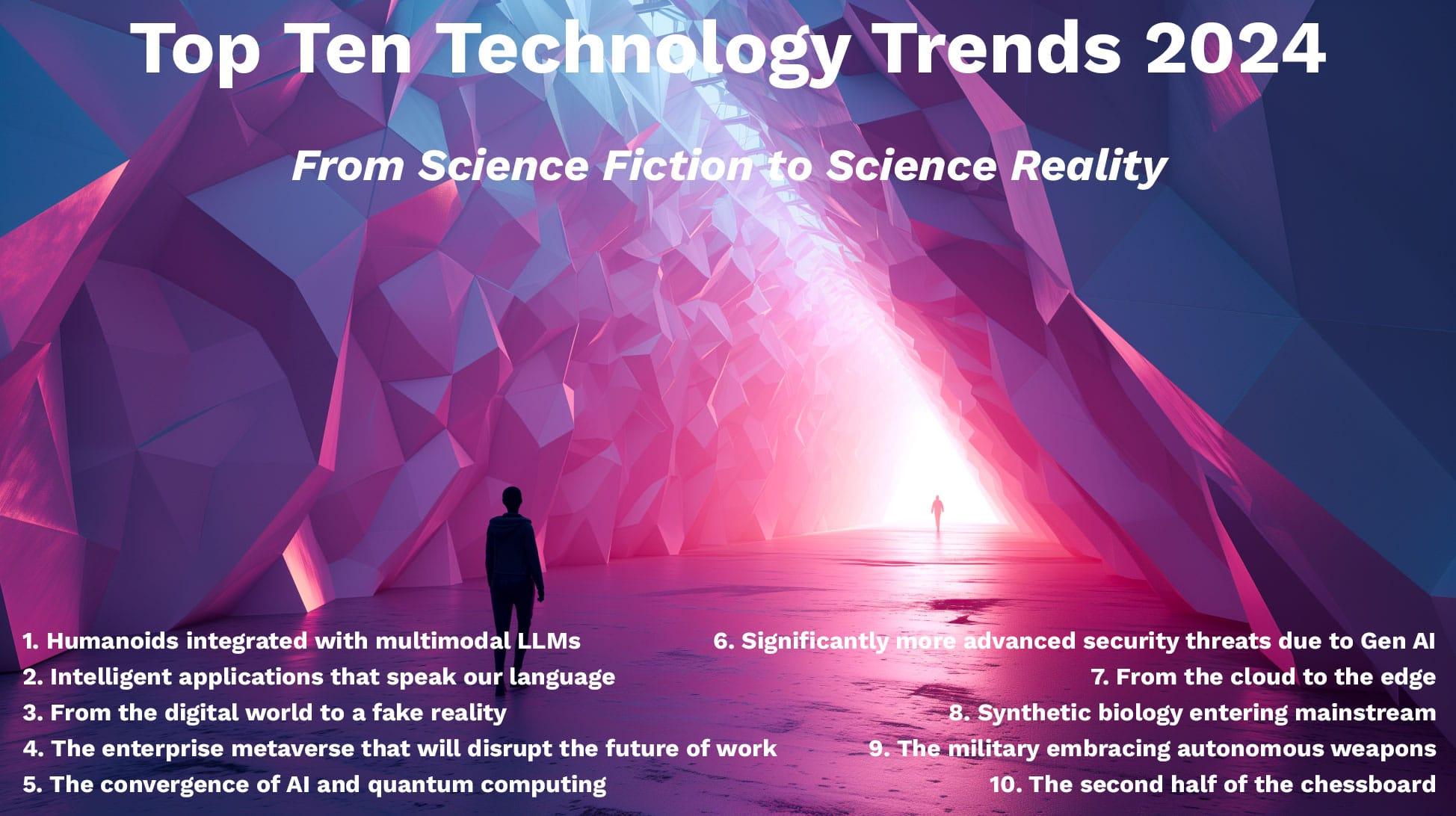Future Trends: Predicting the Next Big Thing in EdTech for 2024
The world of educational technology, commonly known as EdTech, is rapidly evolving. As we look toward 2024, it becomes increasingly important for educators, administrators, and EdTech companies to stay informed about emerging trends. This article shines a spotlight on the next big thing in EdTech for 2024, sharing insights into how the latest innovations are poised to revolutionize teaching and learning. Whether you’re an educator, student, parent, or tech enthusiast, you’ll find valuable information on what to expect in the coming year.
What is EdTech? A Fast Overview
EdTech refers to the integration of technology into educational environments, with the goal of enhancing the learning process and streamlining educational administration.From interactive whiteboards to AI-driven learning platforms, EdTech encompasses a broad range of solutions tailored to learners’ diverse needs.
Key EdTech Trends Shaping 2024
In 2024, EdTech trends will focus on personalization, immersive experiences, and data-driven insights. Below, we examine the most promising developments expected to take center stage.
1. Artificial Intelligence (AI) in Personalized Learning
- Adaptive Learning Pathways: AI-powered tools will continue refining how content is tailored to individual student needs, allowing for differentiated instruction and more effective remediation.
- Automated assessment: Expect smarter grading systems and real-time feedback, reducing administrative burden for educators and giving learners actionable insights.
- AI tutors & Chatbots: Virtual assistants will provide instant support for students, available 24/7 for guidance and concept explanation.
Why it matters: AI helps bridge learning gaps, making individual instruction scalable and more precise.
2.Immersive Learning with AR & VR
- Augmented Reality (AR) Apps: Interactive overlays for textbooks, hands-on science experiments, and culturally immersive language lessons.
- Virtual Reality (VR) Classrooms: Simulate environments for subjects like history, chemistry, and geography, enabling safe, experiential learning.
Immersive tech supports active, participatory learning that builds critical-thinking and engagement. According to EdTech research, AR/VR usage in classrooms is expected to grow by over 30% in 2024.
3.Data-Driven and Learning Analytics
- Predictive Analytics: Real-time data informs teachers about student progress, identifying those at risk early for timely intervention.
- Personalized Recommendations: Learning platforms suggest resources based on individual learning paths and performance trends.
Schools are increasingly harnessing elegant data dashboards to inform instructional decision-making and improve student outcomes.
4. Microlearning and Just-in-Time Modules
- Short, focused bursts of instruction help reinforce key concepts and boost retention.
- Ideal for mobile learning and busy adult learners.
Microlearning modules are rapidly being adopted in professional development and higher education to facilitate flexible, on-the-go learning.
5.Gamification and Edutainment
- Game mechanics, leaderboards, and rewards systems drive engagement among K-12 students and adults alike.
Gamification isn’t new, but in 2024, expect more sophisticated and pedagogy-aligned implementations, resulting in measurable gains in learner motivation.
The Benefits of the Latest EdTech Trends
- Enhanced Engagement: Technologies like AR and gamification transform lessons from passive to highly interactive experiences.
- Accessibility & Inclusion: speech-to-text, language translation, and screen readers make learning more inclusive for a global audience.
- Time efficiency: Automation frees up educators to focus on relationship-building and individualized support.
- Deeper Insights: Advanced analytics allow for targeted interventions, boosting education outcomes.
Practical Tips for Adopting EdTech Innovations
- Pilot New Technologies: Start with small groups before school- or district-wide adoption.
- Focus on Training: Provide ongoing professional development so educators feel confident using EdTech tools.
- Prioritize Data Privacy: Ensure tools comply with data protection regulations like FERPA and GDPR.
- Gather Feedback: Involve students, educators, and parents in the evaluation process.
Case Study: AI-Powered Personalization in Action
California Innovates High School: In 2023, a large California high school piloted an AI-driven learning platform. Teachers leveraged predictive analytics to identify at-risk students earlier. The result? Graduation rates increased by 7%. Students indicated that on-demand AI tutors drastically increased their understanding and confidence, especially in STEM subjects.
This real-world example underscores how AI personalization is moving from theory to proven impact, giving students more agency over their learning paths.
Expert Insights: What Educators Are Saying
We asked leading educators what excites them about the future of EdTech for 2024:
- Dr. Emily Chang, EdTech Researcher: “The rise of immersive AR/VR is transforming abstract concepts into memorable, tactile experiences. I predict even greater collaboration in virtual global classrooms by 2024.”
- Mr.David Kim, High School Science Teacher: “AI tutors have leveled the playing field for many of my students. The ease of instant support means less frustration and more growth.”
Looking Ahead: Future EdTech Predictions for 2024 and Beyond
Based on current momentum,here’s what we expect to see more of in the EdTech landscape in 2024:
- Widespread adoption of hybrid learning environments,blending online and in-person instruction for maximum flexibility.
- More focus on digital well-being and ethical use of technology in classrooms.
- Growth of global EdTech partnerships for resource sharing and collaborative projects.
- Increase in EdTech solutions for lifelong learning, including adult education and workforce upskilling.
Conclusion: Getting Ready for the Next Big Thing in EdTech
The road ahead for EdTech in 2024 is filled with innovation. With aggressive advances in AI-driven personalization, immersive AR/VR learning, powerful analytics, and more, it’s clear that education technology will play a pivotal role in shaping future-ready learners. Early adoption, ongoing training, and a commitment to data-informed instruction will be key to deriving the most benefit from these futuristic trends.
If you’re looking to stay ahead and prepare your school, institution, or learning community for the digital future, now is the time to embrace EdTech’s next big thing. Stay curious, be adaptable, and get ready for a transformative year in education!

